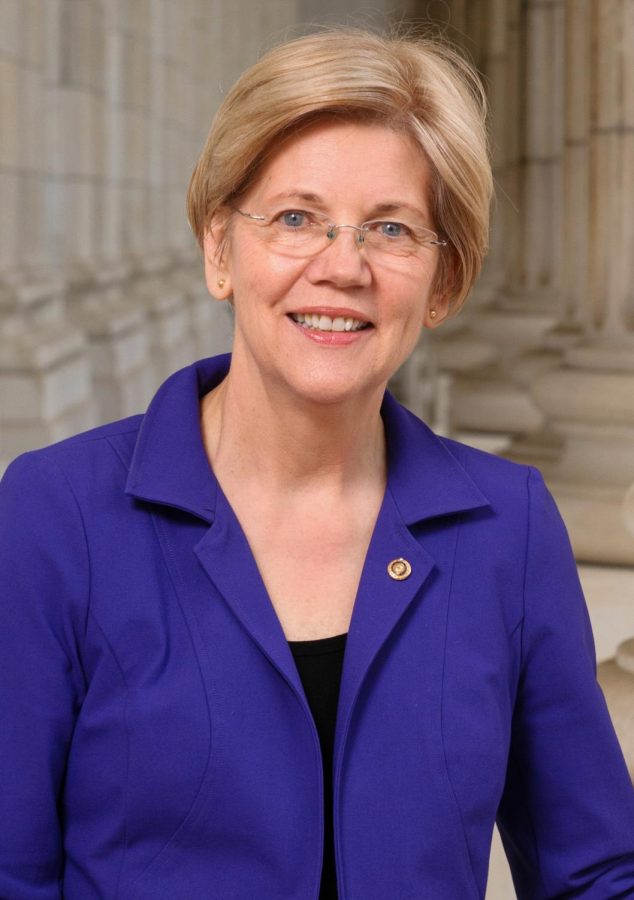2020 Democratic Presidential Candidates: Elizabeth Warren
Elizabeth Warren is the senior United States Senator from Massachusetts. She was formerly an influential professor in commercial law, having taught at institutions such as the University of Houston, the University of Pennsylvania, and Harvard. Formerly a Republican until 1996, she was speculated to run for the Democratic nomination in 2016, but made clear her support for Hillary Clinton early in the race. Now, she’s decided to seek the nomination in her own right.
Warren is an outspoken progressive, advocating for free tuition at public colleges, an “Ultra-Millionaire Tax” on households with a net worth of more than $50 million a year, expansion of Medicare (including Bernie Sanders’s proposal for “Medicare for All”), and investment in renewable energy sources. She has become well-known for the breadth of policy proposals, her website listing over 45 plans for hot-button issues like the opioid crisis, climate change, and foreign policy.
Warren was the first major Democrat to establish an exploratory committee, having done so in December 2018. She officially announced her campaign for the Democratic nomination on February 9, 2019. In contrast to Sanders’s desire to stage a “political revolution,” Warren instead wants to reinvigorate the Democratic National Committee in order to maintain the Democratic majority in the House of Representatives while also claiming the majority in the Senate.
Warren has received endorsements from “old guard” Democrats like fellow Massachusetts Senator Ed Markey and former Democratic presidential nominee Michael Dukakis, as well as from young progressives like former 2020 presidential candidate Julián Castro and U.S. representative from Massachusetts Ayanna Presley. She received dual endorsement by “The New York Times” editorial board alongside Amy Klobuchar, and sole endorsement from “The Des Moines Register” prior to the Iowa caucuses.
Warren’s primary challenge in the race has been distinguishing herself from fellow progressive Bernie Sanders. Though the two remained cordial early in the election cycle, relations turned sour when Warren described how Sanders supposedly told her in a private meeting in 2018 that he didn’t believe a woman could win the Presidency. This led to a tense exchange following the January 14 Democratic debate. Sanders denied having said this to Warren during the debate. Warren then accused Bernie of calling her a liar.
According to data released by RealClearPolitics on February 3, Warren is polling at 14%, 4 points higher than Michael Bloomberg, the next nearest candidate. However, she remains 7 points behind Bernie Sanders. It’s clear that Warren will need to put in a lot of work to outshine Sanders in the upcoming primary elections, as well as to convince hesitant voters to vote for her over more moderate candidates like Joe Biden or Pete Buttigieg.

Mason Hoyt is a senior Commercial Music major with a Theatre minor. They are the 2022-2023 Arts Editor for the Decaturian. Mason won Best Column at the...

